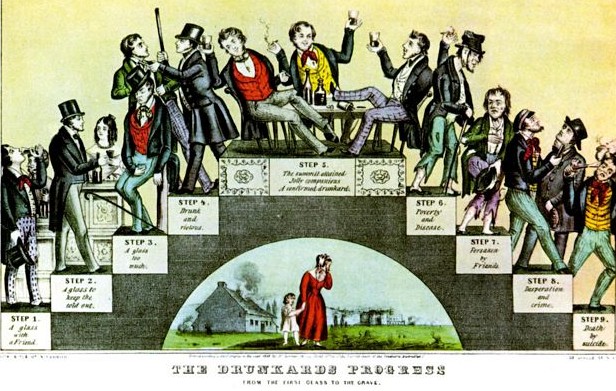I’ve been reading Ogilvy on Advertising, written by David Ogilvy (1911–1999,) the founder of Ogilvy & Mather.
 Ogilvy is one of the founding fathers of modern advertising and spent his life preaching the benefits of research in salesmanship, long informative copy, creative brilliance, and results for clients. Ogilvy famously said, “It is useless to be a creative original thinker unless you can also sell what you create.”
Ogilvy is one of the founding fathers of modern advertising and spent his life preaching the benefits of research in salesmanship, long informative copy, creative brilliance, and results for clients. Ogilvy famously said, “It is useless to be a creative original thinker unless you can also sell what you create.”
Ogilvy on Advertising provides excellent sage advice into the art of selling smart. Many of the principles in this book are dated, but the ideology and creative thought processes discussed are timeless.
Ogilvy cites this anonymous poem on why it pays to advertise.
The codfish lays ten thousand eggs,
The homely hen lays one.
The codfish never cackles
To tell you what she’s done—
And so we scorn the codfish
While the humble hen we prize.
It only goes to show you
That it pays to advertise!
 During my travels, I am asked why I don’t drink alcohol more often than I am asked why I am
During my travels, I am asked why I don’t drink alcohol more often than I am asked why I am 